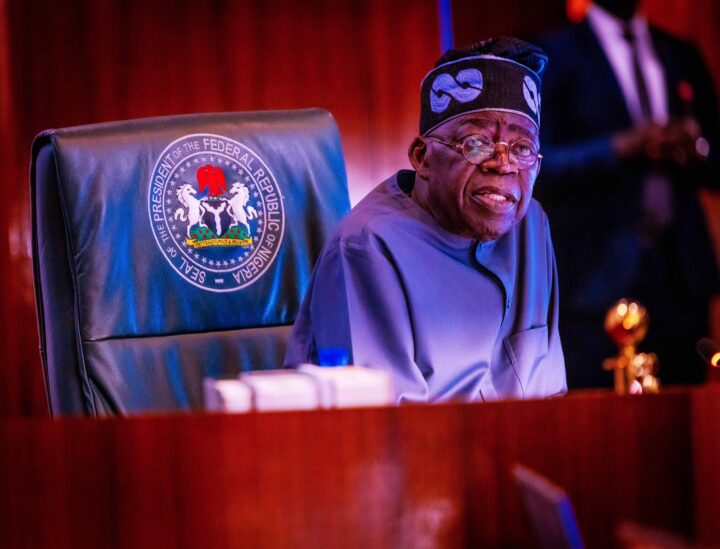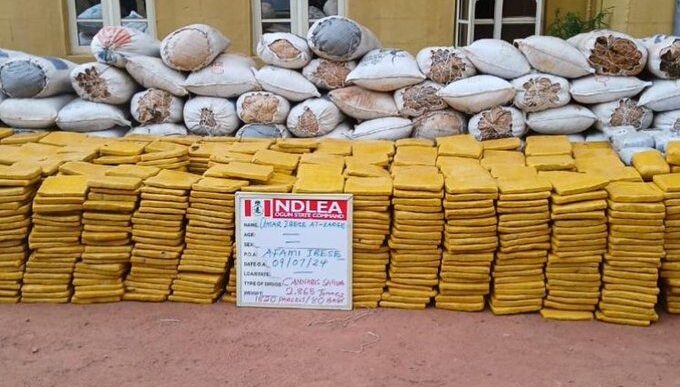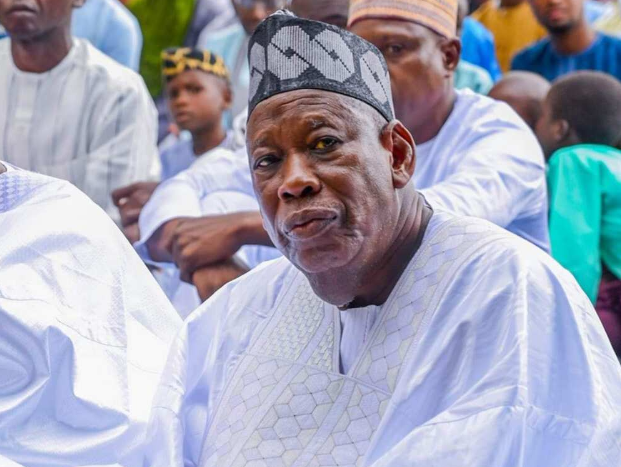The Network for the Actualisation of Social Growth and Viable Development (NEFGAD), a public procurement advocacy group, has cautioned President Bola Tinubu over his directive on the amendment to the 2007 Public Procurement Act.
On Wednesday, the president ordered a comprehensive review of the Act during the weekly federal executive council (FEC) meeting.
Atiku Bagudu, minister of budget and national planning, said a council chaired by Lateef Fagbemi, the attorney-general of the federation (AGF) and minister of justice, has been set up to review the procurement act.
In a statement on Friday, Akingunola Omoniyi, NEFGAD head of office, said reviewing the procurement act would not solve any economic problems facing Nigeria.
Advertisement
He advised the president to curb deep-rooted corruption in the system and ensure strict compliance with the extant regulations.
“Intelligence at NEFGAD disposal shows that the president took that position innocently out of advice from some people who are hell-bent on wreaking irreparable havoc on the country’s treasury,” the statement reads.
“The act sufficiently imposed stringent guidelines on project costing against undue variations; this is one of the core mandates of the Public Procurement Act, serving as a safeguard against mismanagement and corruption.
Advertisement
“Hence, taking away this critical organ will definitely open the door to corrupt elements for arbitrary adjustments and excessive cost overruns, which would undermine the integrity of public procurement processes by delivering more money into private pockets through endless and frivolous augmentation.
“The problems that created gaps between projects and budget costs leading to augmentation are not the making of the procurement act but purely occasioned by inflation and monetary policy fluctuations and, more importantly, by fraudulent practices of those saddled with procurement functions in connivance with ill-motivated actors around the public procurement corridor. Once these economic fundamentals and corrupt inclinations are checked, budgetary and procurement costs will automatically converge.
“Curbing deep-rooted corruption in the system and ensuring strict compliance with the extant regulations coupled with strong-willed oversight mechanisms and providing additional training to those involved in the procurement process across the board can achieve better outcomes without compromising the principles of accountability and transparency or going through rigour of needless amendments.”
Advertisement
Add a comment










